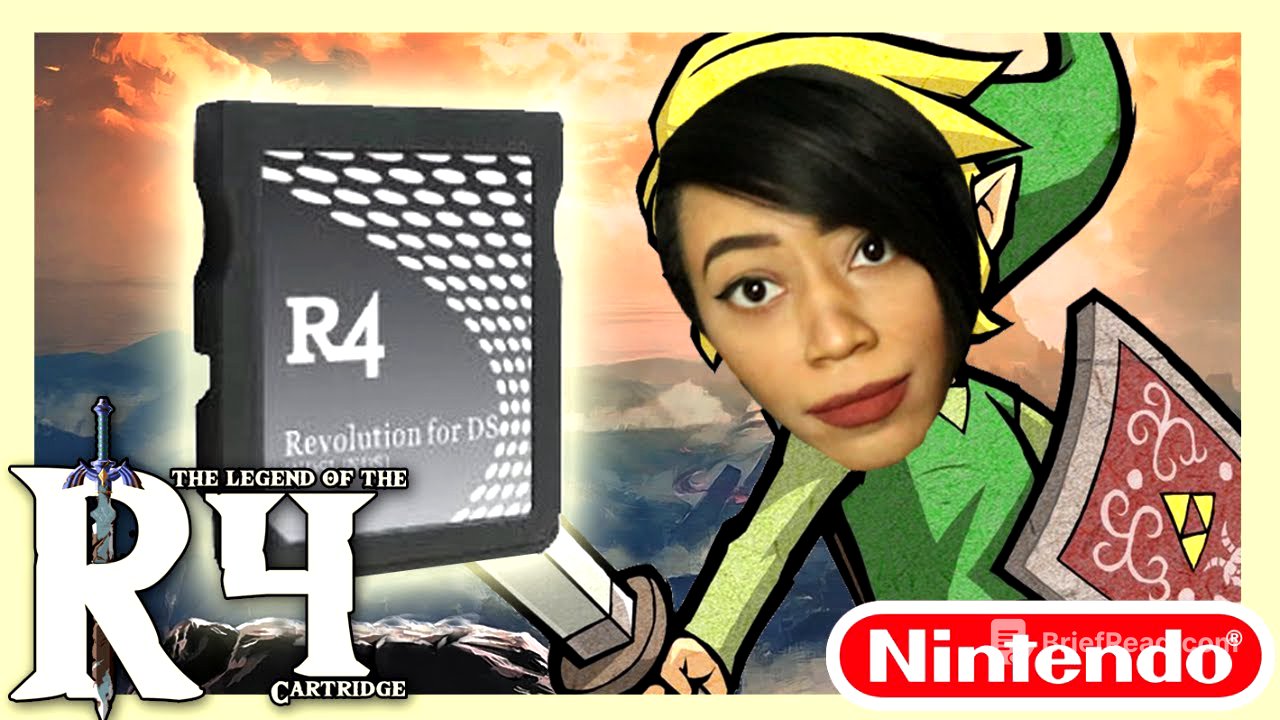TLDR;
This video is a retrospective on the R4 cartridge for the Nintendo DS, celebrating its impact on gaming accessibility and personal experiences. The R4 allowed users to play a multitude of games via ROMs, circumventing the need for expensive individual purchases. The video also touches on the ethical considerations of using such devices, Nintendo's legal actions against them, and the broader implications for game preservation.
- The R4 cartridge was a game-changer for gamers on a budget, providing access to a vast library of games.
- Despite ethical concerns, the R4 allowed many to experience games they otherwise would have missed.
- Nintendo's legal crackdown on R4 cartridges reflects the company's stance on copyright and game sales.
Intro [0:00]
The video starts by acknowledging the 15th anniversary of the Nintendo DS launch. The Nintendo DS was a revolutionary handheld device that significantly upgraded the gaming experience, allowing for more interactive and innovative games. Its success led to a variety of both licensed and unlicensed games, including popular titles like Mario Kart DS and Nintendogs, as well as a considerable amount of shovelware and homebrew content.
The R4 Cartridge [1:31]
The R4 Cartridge, or Revolution for DS, was a flash memory device that allowed users to store music, save game files, and run homebrew applications on the Nintendo DS via a micro SD card. It came with micro SD adapters, a USB adapter, an SD card reader, and a user setup CD. Its main appeal was the ability to emulate and store ROMs, enabling users to play old NES and SNES titles, as well as current Nintendo DS games.
Personal Experience with R4 [2:28]
The R4 cartridge allowed the creator to play many games without needing to constantly ask their parents to buy them. The ability to switch between games and play titles exclusive to Japan was a significant advantage, as DS games were not region-locked. The R4 allowed the creator to experience games like New Super Mario Bros, Cooking Mama, Rayman: Raving Rabbids, and Dementium: The Ward. The portability of the R4 set it apart from PC emulators, allowing for gaming on the go.
Ethical Considerations and Purchasing Habits [4:27]
The video addresses the ethical grey area of using homebrew devices like the R4 to play ROMs. The creator shares that if they enjoyed a game on the R4, they would often purchase a physical copy to add to their collection. This personal approach reflects a love for video game box art and physical copies. The sales of R4 cartridges never posed a significant threat to the sales of physical games, similar to how PC emulators don't drastically harm the gaming industry.
Nintendo's Response [5:43]
Nintendo took action against R4 cartridges due to copyright concerns, similar to their efforts against online ROM sites like EmuParadise and RomUniverse. By late 2007, Nintendo initiated legal crackdowns and raids against R4 merchants and distributors, leading to bans and outlaws in countries like China, Germany, France, Italy, and the UK. Nintendo justified these actions to protect their own interests and those of other game companies.
Roms and Game Preservation [6:45]
Nintendo has since increased its security measures to counteract mods, particularly on the Switch. Despite these efforts, the world of homebrews, fan translations, and ROM hacks continues to grow. ROMs serve as a form of game preservation, ensuring that games remain accessible despite publisher efforts to remove them. Devices like the R4 allowed individuals who couldn't afford frequent game purchases to still participate in gaming experiences.
Conclusion [7:45]
The video concludes with the creator expressing thankfulness for the R4 cartridge and its impact on their childhood gaming experiences. The creator then poses questions to the audience about what they are thankful for in gaming and encourages them to share their memories of using the R4. The video ends with holiday greetings and a farewell.








